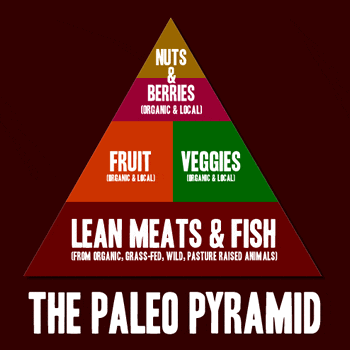This is definitely something that many people look into, since our bodies have many thousands of calories stored as fat, whereas our livers and muscles can only store very limited amounts of glycogen (around ~400 g-600 g total).
During a long event, such as a marathon, ultramarathon or an Ironman, our bodies would deplete our glycogen stores, making fueling a very important part of the equation
If our bodies could switch to use our own stored fat as fuel, then we wouldn't need to use as much food to restore our glycogen deposits.
That's all cool, but people get something wrong.
They are going on very low carb diets in order to reach that state of fat burning adaptation!
They are sacrificing their health just for the sake of reaching that physical acclimatization.
Well, to me, that's like throwing out the baby with the bath water.
We all know that low carb diets are no good from a health standpoint. They're generally high in animal products (such as meats, eggs and butter) as well as very high in fats, such as oils, nuts and seeds.
So, the point is that in order to reach the fat burning adaptation there is NO need to change your diet!
I have reached that state just by following two simple paths:
-Fasted aerobic sessions
-Intermittent Fasting (IF)
Personally, I have always liked to run first thing in the morning, before having breakfast. I feel lighter, and better overall.
I know that many people can feel light-headed to train fasted, but that's because they are simply not used to it, and that's why if you are looking to start fasted training you should break into it progressively.
I've built my way to be able to run up to ~35 km (that's almost 22 miles, for you, Americans :) without eating anything before or during the run.
I can go to run a marathon in a fasted state fueling on only ~300 kcal during the whole thing.
So yes, fasted training is, to me, THE BEST way to train your body to use fat as fuel while sparing the stored glycogen.
The other method is Intermittent Fasting. I have a whole blog post about the topic, but basically consists in getting in all your calories within a 8 (or so) hours, and fasting the other 16 hours.
By combining both FASTED TRAINING and INTERMITTENT FASTING you can achieve the so wanted FAT ADAPTATION.
That's it, folks. You can get fat adapted while still getting the best out of your High Carb Vegan Diet!

